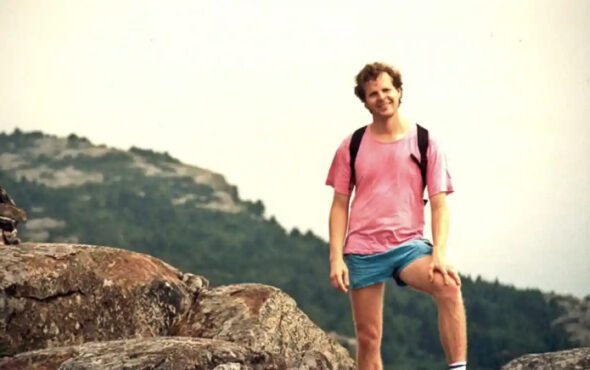
An Australian court overturned the conviction of the man who confessed to killing gay mathematics student Scott Johnson.
Content warning: This story may include topics that could make some readers feel uncomfortable.
Back in 1988, the 27-year-old’s naked body was found at the bottom of a cliff in the Sydney suburb of Manly.
Before his death, Johnson had applied for permanent residency to be with his partner and was a doctoral student at the Australian National University in Canberra.
At the time, local authorities ruled Johnson’s death as a suicide despite pushback from his family – who told the BBC in 2018 that it was “inconceivable” that he would jump off a cliff.
After a 2017 enquiry concluded that Johnson was likely killed in a gay hate crime – due to other similar cases at the time – his family announced an AUS $2 million reward for information in the cold case.
This led to the arrest of Scott White, who was apprehended in his Sydney home in May 2020 after his ex-wife Helen alerted the authorities (per the Star Observer).
After he was taken into custody, the 51-year-old pleaded guilty to the crime, resulting in him being sentenced to 12 years in prison in May 2022.
“I pushed a bloke,” the court heard him saying in audio from his police interview. “He went over the edge.”
However 30 minutes after his guilty plea, White backpedalled on his confession and signed a statement stating that he didn’t kill Johnson.
Due to his U-turn appeal, the New South Wales Court of Criminal Appeals overturned his conviction and decided that White’s application to withdraw his guilty plea should be considered. (per the BBC).
“In the present case, we are unable to conclude that no substantial miscarriage of justice actually occurred because, although the matter might be thought to be finely balanced, we are not persuaded that the result would have been the same had the interest of justice test been applied to the White’s application for leave to withdraw his plea of guilty,” the court said in a statement.
“This is not a situation where “the case against the accused is overwhelming”, or in which, if the matter proceeded to trial, a guilty verdict for the murder charge would be a foregone conclusion. The possibility of a lesser conviction, of manslaughter, for example, or indeed complete acquittal, cannot be ruled out.”
Because of the court’s recent decision, the tragic case will now head for a retrial – with the first hearing taking place on 1 December.



